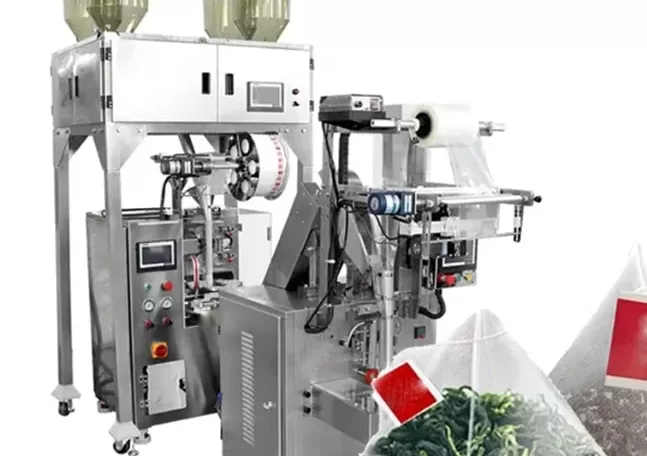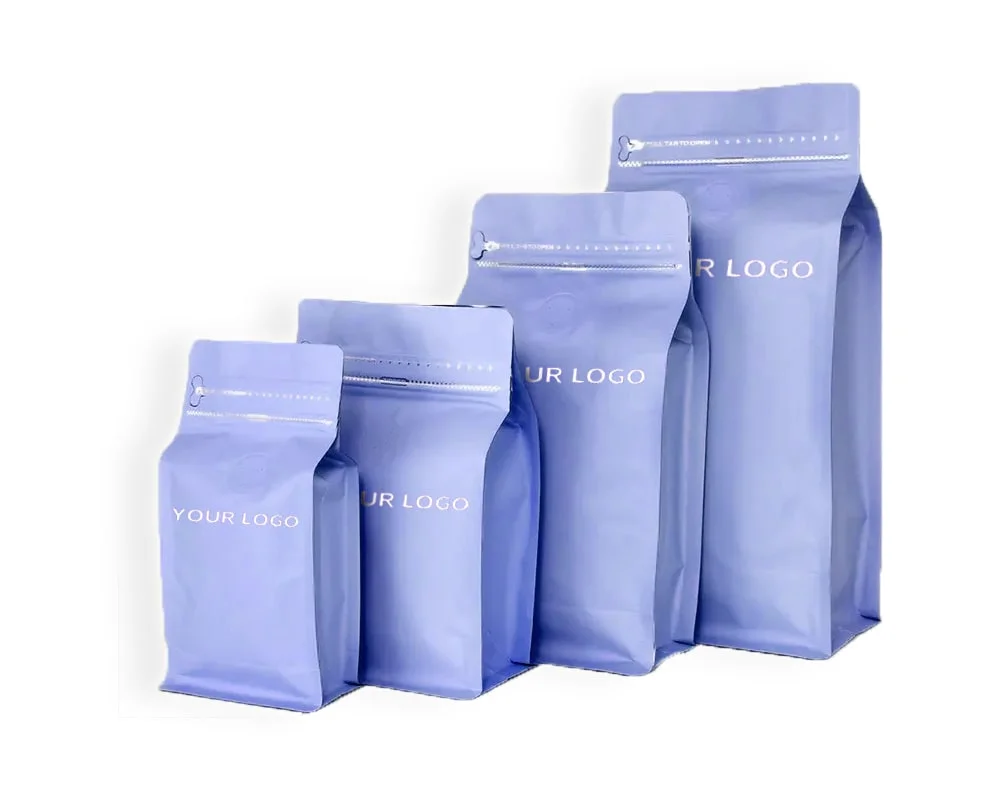Ceylon Tea Private Label Packaging: Brewing Success in the Tea Market
Tea is a beverage loved by millions worldwide. Among the myriad of tea varieties, Ceylon Tea stands out as a popular choice for its exceptional flavor and quality. However, the success of Ceylon Tea isn’t solely based on the tea leaves themselves but also in the context of branding. In this article, we’ll delve into what Ceylon Tea is, the substance of tea private label packaging, and key considerations for success in this lucrative venture.
What is Ceylon Tea?
Ceylon Tea, also known as Sri Lankan Tea, is renowned for its distinct flavor and high-quality tea leaves. It primarily originates in the lush, mountainous regions of Sri Lanka. And, the unique terroir, and processing techniques, contribute to its distinctive taste for tea enthusiasts globally.
Further, the flavor and aroma of Ceylon Tea can vary depending on the region in which it is grown, the altitude, and the specific tea estate. Common flavor profiles include brisk, citrusy, and slightly astringent notes. You can enjoy this versatile flavor plain or with milk and sugar, personalized to taste. Also, Ceylon Tea is not limited to black tea. Sri Lanka produces green and white teas, as well as specialty teas such as oolong and flavored blends.
What is Private Label Packaging?
Private label packaging entails branding and selling products manufactured by one company but marketing and selling them under another company’s brand name. This concept applies to various industries, including the tea market. And, private label packaging allows businesses to offer personalized, branded tea products without the need to grow, harvest, or process tea leaves themselves.
Why Do We Need Private Label?
Private label packaging offers several advantages in the tea industry. It allows businesses to:
Differentiate from Competitors: Private labeling enables businesses to stand out in a saturated market by offering unique blends and packaging.
Build Brand Loyalty: By creating custom tea blends and packaging, companies can cultivate brand loyalty among their customers. It is leading to repeat sales.
Control Over Quality: Companies have control over the quality of tea they sell. It ensures their customers receive a consistent, high-quality product.
Key Considerations for Ceylon Tea Private Label Packaging
When embarking on a private label Ceylon Tea venture, there are several crucial factors to consider:
01. Tea Grade Selection:
The tea grade you choose must align with your target market. Different markets have varying preferences for tea strength and type. Research your target market thoroughly and select tea grades accordingly to maximize sales potential.
Imagine trying to sell Middle East market tea grades in the United States. Middle Eastern tea enthusiasts tend to favor robust and potent teas, such as the renowned Ceylon PEKOE black tea, which may not suit the American taste. On the other hand, the American market may lean towards the elegance of full-leaf teas, such as OP, OPA, or OP1 grades, which offer a different tea experience altogether. Hence, it is crucial to make a thoughtful selection of the appropriate tea grade.
02. Packaging Variety:
Work closely with your private label packaging supplier to choose the right packaging for your tea products. You’ll find a plethora of options at your disposal, ranging from elegant tin packages. Such as classic tea boxes, charming gift packs, convenient string and tag tea bags, and stylish tea packaging pouches, among others.
The packaging should align with your brand image and the preferences of your target audience. Whether you opt for a classic or a modern, vibrant design, the packaging should be an embodiment of your brand. It should evoke a sense of connection and desire in your customers. By working closely with your packaging supplier, you can ensure that the packaging not only protects the tea’s quality but also enhances the overall tea-drinking experience.
03. Minimum Order Quantity:
Tea packaging typically requires specialized machinery. Make sure you know the minimum order quantity required by your packaging supplier before you finalize your packaging design.
For example, if your vision includes offering tea in the popular tea bag packaging format, which often incorporates string and tag teabag packing, you must be prepared for the MOQ requirements. Specialized machinery and efficient processes are typically necessary for tea bag production.
To set the production wheels in motion, you may find that your supplier requires a minimum order quantity of, say, 50,000 units of 2g or 1.5g teabags.
This MOQ might initially seem substantial, but it’s essential to remember that specialized machinery demands certain production volumes to operate effectively. In addition, attempting to run the teabag machines for a minimal quantity, such as 100 units, may not only be impractical but also cost-inefficient.
04. Target Price:
Communicate your target price to your supplier early in the process. This helps set realistic expectations and enables your supplier to provide suitable options within your budget.
With a clear understanding of your budget, your tea supplier can leverage their expertise to propose tea grades and quality options. This collaborative approach allows your supplier to tailor their recommendations to meet your specific needs. It strikes a balance between product excellence and budgetary considerations.
In addition, this proactive communication lays the foundation for a successful tea business venture founded on trust, shared objectives, and a commitment to delivering the best possible product within your budget.

How Profitable is Tea Private Label Packaging?
The profitability of private label tea products can be substantial. Since private label products are typically less expensive to produce, businesses can enjoy higher profit margins. The success of private label tea products depends on factors like product quality, marketing, and market demand.
Can You Make Money with Private Label Products?
Certainly, you can generate profit with private label tea products. Numerous businesses have thrived in the tea market through the creation of distinctive blends and top-notch products. Profitability depends on factors like market research, product quality, branding, and marketing efforts.
In conclusion, Ceylon Tea and private label packaging can be a profitable combination if approached strategically. By considering factors such as tea grade selection, packaging variety, minimum order quantity, and target price, you can create a successful private label tea brand that stands out in the competitive tea market. Remember that the key to success lies in thorough research, quality products, and effective marketing.
